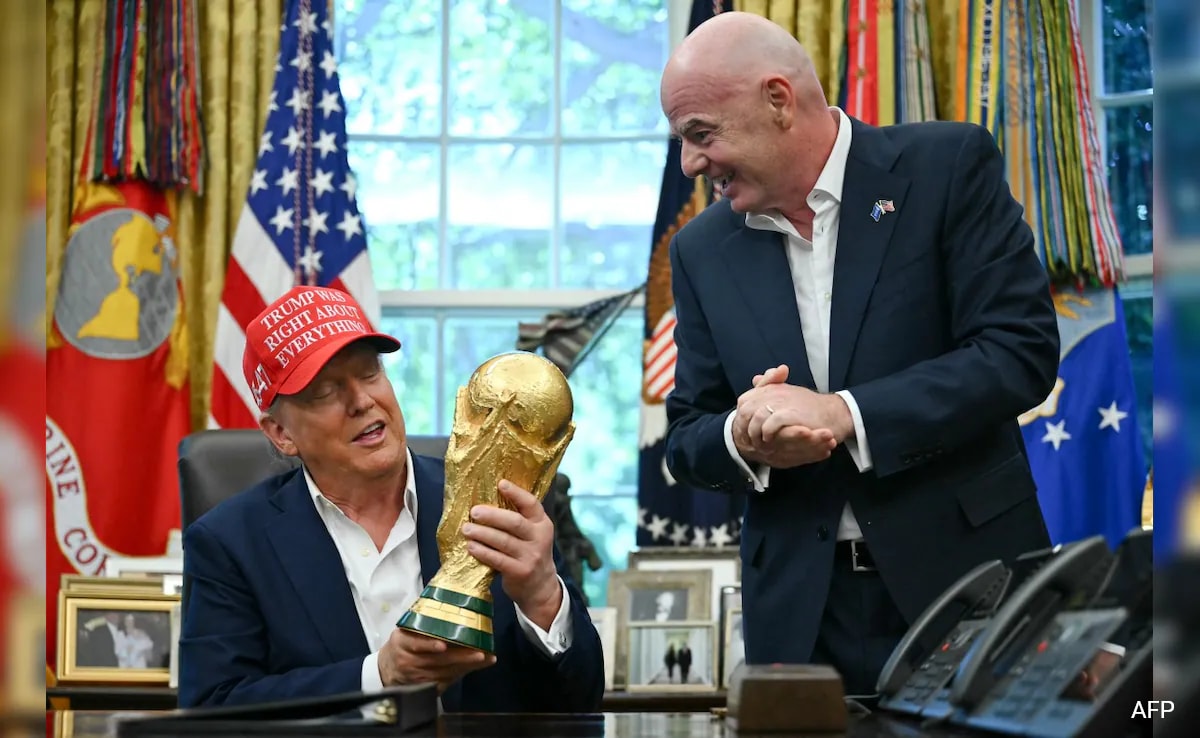Kordahi has described the war in Yemen as an aggression by Saudi Arabia and the United Arab Emirates. He added that the war in Yemen is âabsurdâ and must stop because he is opposed to wars between Arabs.
Yemen has been convulsed by civil war since 2014, when the Iran-backed Houthi rebels captured the capital, Sanaa, and much of the north of the country. That forced the internationally recognized government to flee to the south, then to Saudi Arabia. A Saudi-led coalition entered the war in March 2015, backed by the United States, to try to restore the government to power. Despite a relentless air campaign and ground fighting, the war has deteriorated largely into a stalemate and spawned the worldâs worst humanitarian crisis.
In Beirut, several government officials met Saturday to discuss the crisis that is likely to have major repercussions on Lebanon, which is experiencing the worst economic and financial crisis in its modern history.
Besides evicting Lebanonâs ambassador and recalling its envoy to Beirut, Saudi Arabia also banned all imports from Lebanon.
Lebanonâs Foreign Minister Abdallah Bouhabib canceled his visit to Glasgow, Scotland, where he was supposed to attend a U.N. climate summit, to deal with the crisis with the oil-rich Gulf nations.
On Friday night, Lebanonâs prime minister and president discussed the Saudi decision and asked Kordahi to make the âappropriate decision,â an apparent call for him to resign in hopes it will ease the tension.
Kordahi, a former TV show host, made the comments on a TV program before he was chosen for the post in September. Kordahi is close to the Christian Marada Movement, an ally of the militant Hezbollah group.
Marada leader Sleiman Frangieh told reporters Saturday that it is up to Kordahi to decide whether he will resign or not. He added that Kordahi contacted him and asked whether he should resign âbut I refused because he did not make any mistake. Still I am with any decision he takes.â
In Cairo, Arab League Secretary General Ahmed Aboul-Gheit said the crisis caused by Kordahiâs comments has led to a âgreat setbackâ to Lebanonâs relationship with the Gulf countries.
He urged Lebanonâs president and prime minister to take ânecessary stepsâ to ease the tension, especially with Saudi Arabia. He did not elaborate which steps should be taken.
Aboul-Gheit also called on Gulf officials to review measures that could have negative consequences on Lebanonâs already battered economy.
.png)










 English (United States) ·
English (United States) ·  Turkish (Turkey) ·
Turkish (Turkey) ·